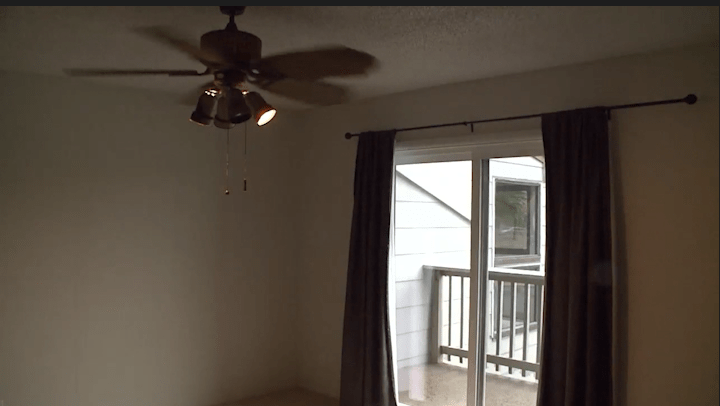HONOLULU (KHON2) — In Honolulu, Hawaiʻi, short term vacation rentals (STR) have become one of the most debated topics on Oʻahu.
These STRs are lodgings rented for fewer than 30 consecutive days, typically to people visiting the island.
Honolulu City officials said the goal of restricting STRs is to protect housing for local families while keeping tourism in resort areas.
With so much riding on families locating additional income sources, the temptation to delve into STRs can be pretty heavy.
So, KHON2.com did a bit of digging to find out where STRs are legally allowed and how much the fines are for those who ignore the laws governing them.
Where they are allowed
Under Ordinance 22-7, short term rentals are legal only in resort-zoned areas and a few specific apartment zones. That means places such as Waikīkī, Ko Olina and Turtle Bay can host legal short term rentals.
Bed and breakfast homes, where the owner lives on the property, and transient vacation units, which are whole-home rentals, must both be registered with the Department of Planning and Permitting.
The city no longer gives out new Nonconforming Use Certificates, known as NUCs. These “grandfathered” certificates were issued to rentals operating before October 22, 1986.
Current NUC holders must renew them every year between Sept. 1 and Oct. 15 to stay valid.
What owners must do
Each unit must be registered separately; and property owners or operators must submit proof of ownership, insurance and tax licenses for general excise and transient accommodations taxes.
Renewal costs $500 a year. The city can deny or revoke a registration if there are repeated violations or complaints from neighbors.
Owners must also post quiet hours between 10 p.m. and 7 a.m. and provide an informational binder for guests. Each rental must have working smoke and carbon monoxide detectors and enough parking spaces for guests.
How the rules are enforced
The city’s Department of Planning and Permitting investigates complaints about illegal rentals, and anyone can report suspected violations online.
Fines for breaking the law are steep. Under Honolulu’s short-term rental ordinance (Ordinance 22-7), the City may issue a civil fine of up to $5,000 for an initial violation.
If the violation continues, additional fines of up to $10,000 per day may be imposed for each day the illegal rental continues.
Advertising an unregistered rental is also prohibited. Listings for rentals of fewer than 30 days must include both the property’s registration or Nonconforming Use Certificate (NUC) number and its Tax Map Key (TMK) number.
Failure to include this information or advertising an unregistered unit can result in fines of $1,000 to $10,000 per day for the hosting platform or operator, as authorized by the ordinance.
The role of state law
In 2024, the Hawaiʻi Legislature passed Senate Bill 2919, known as Act 17. It confirmed that counties have full authority to regulate or even phase out transient vacation rentals in any zoning area.
The new law also expanded the state’s transient accommodations tax to include certain shelters and vehicles with sleeping space.
Hawaiʻi’s regulations show how far officials are willing to go to balance tourism with local life.
Click here to read the City Council’s Ordinance. Here is information on STRs. The Department of Planning and Permitting website offers a good bit of information on STRs. This site offers a look at the Senate Bill from 2024. You can find Honolulu’s land use ordinance here.
The laws are meant to keep short term rentals in the right places and help ensure that neighborhoods remain homes for residents first.
